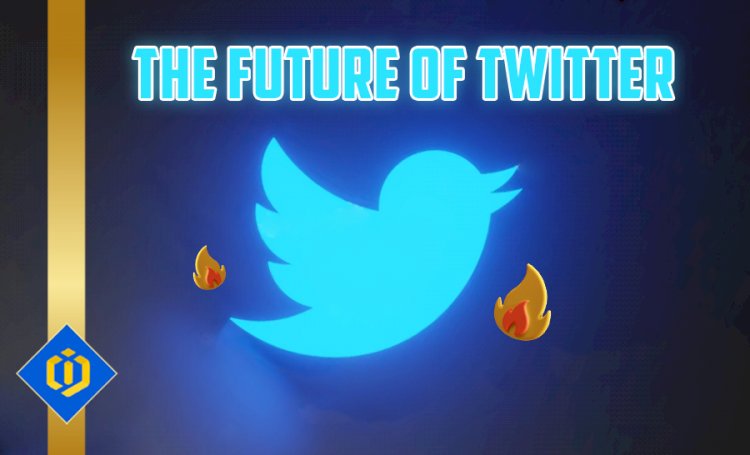What Is in the Future of the Giant Social Media, Twitter?

The financial stability of Twitter, a popular social media platform, has recently come up for discussion. Users and investors alike have expressed their concerns about the platform's future after Elon Musk, its new owner, expressed worries about the possibility of bankruptcy. This article will look at Twitter's current financial standing, consider the potential effects of bankruptcy, and evaluate the effects on users and investors.
The Real Cost of Twitter
With roughly $13 billion in debt owed to a number of banks, Twitter is facing a serious financial crisis. The annual interest payment on this debt is close to $1 billion, which puts strain on the business's finances. Various business decisions and market circumstances over the years can be linked to Twitter's growing debt. Elon Musk has suggested that the possibility of the business declaring bankruptcy as a solution to its financial issues, despite the obstacles.
Chapter 11 Bankruptcy: A Potential Fix?
One way for Twitter to restructure its debt and bargain new terms with its creditors is to file for Chapter 11 bankruptcy. This process might lessen the company's debt load and produce a more stable financial future. It's important to keep in mind, though, that this strategy could have drawbacks as well. The process of filing for bankruptcy can be drawn out, expensive, and bad for a company's reputation (Kerns, 2019). As part of the restructuring process, creditors may also gain control over the company's future, which could lead to changes to its business model, operations, or management that might not be in line with the interests of its customers or other stakeholders (Kerns, 2019).
The effect on investors and users
Users and investors could be affected significantly if Twitter declares bankruptcy. As a result of potential changes to the platform's interface, functionality, or policies, users may begin to worry about the platform's future, which could have a negative effect on their experience and result in decreased user satisfaction or a drop in user numbers (Kerns, 2019). The instability of Twitter's finances could cause investors' investments to lose value, and any significant restructuring could have an impact on the company's future growth and profitability, which would further reduce investor returns (Kerns, 2019).
Twitter's future
As Twitter navigates the potential for bankruptcy, its future is still unclear. It is uncertain whether the business will be able to successfully address its financial issues and come out stronger in the long run with Elon Musk in charge. Users and investors alike must remain informed during this time and keep a close eye on events. Users should be aware of any platform changes and think about how they might affect their experience, and investors should keep track of Twitter's financial results and developments in the bankruptcy process to make wise investment decisions.
Conclusion
The state of Twitter's finances and the prospect of bankruptcy raise significant concerns about the platform's future. As the situation develops, both users and investors need to be on the lookout and informed in order to be ready for any potential changes that could come about as a result of Twitter's attempts to address its financial problems. The future of Twitter will be determined by its capacity to successfully navigate this trying time and come out on the other side with an attractive and resilient business model.
Author: Pooyan Ghamari

 content-team
content-team 


















